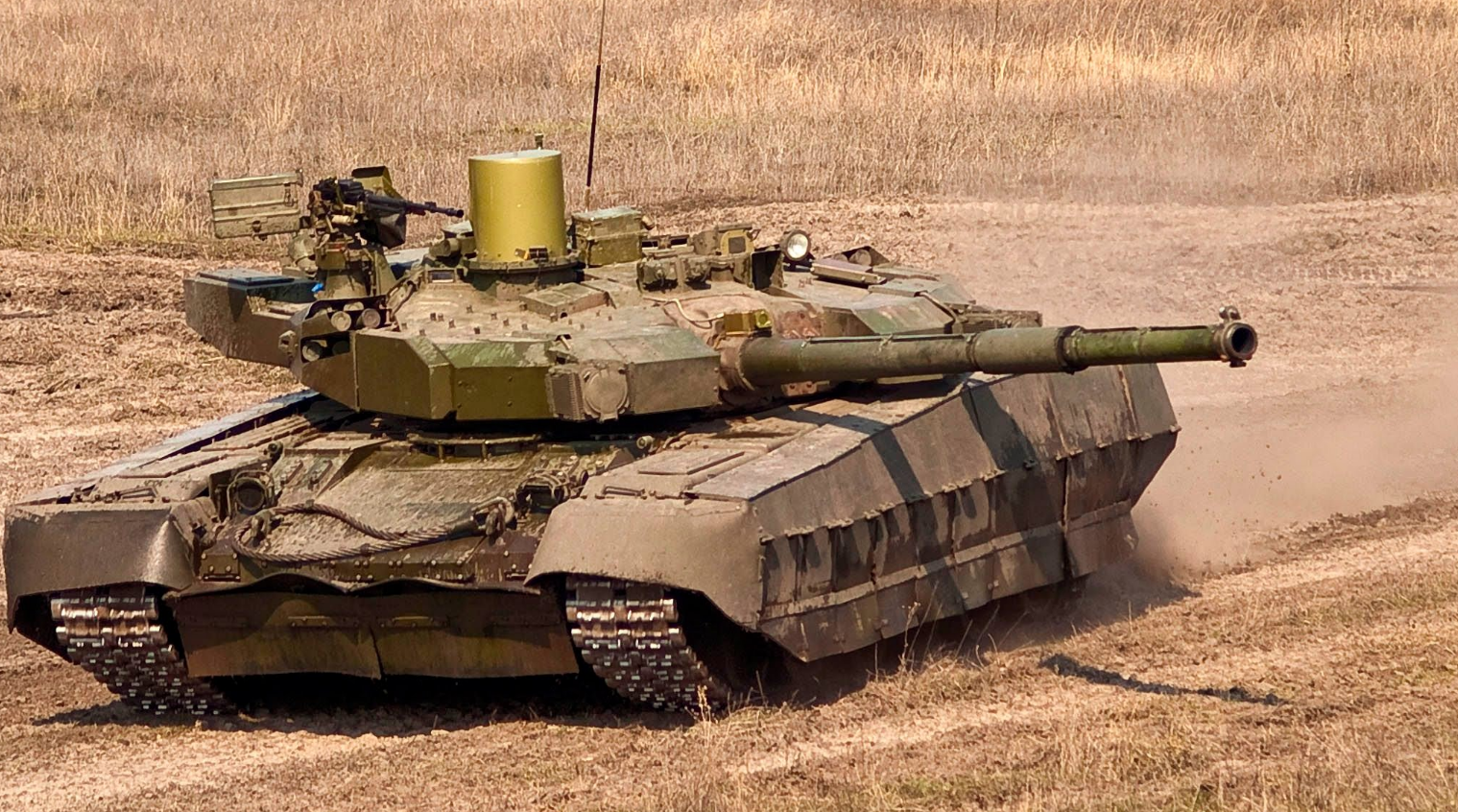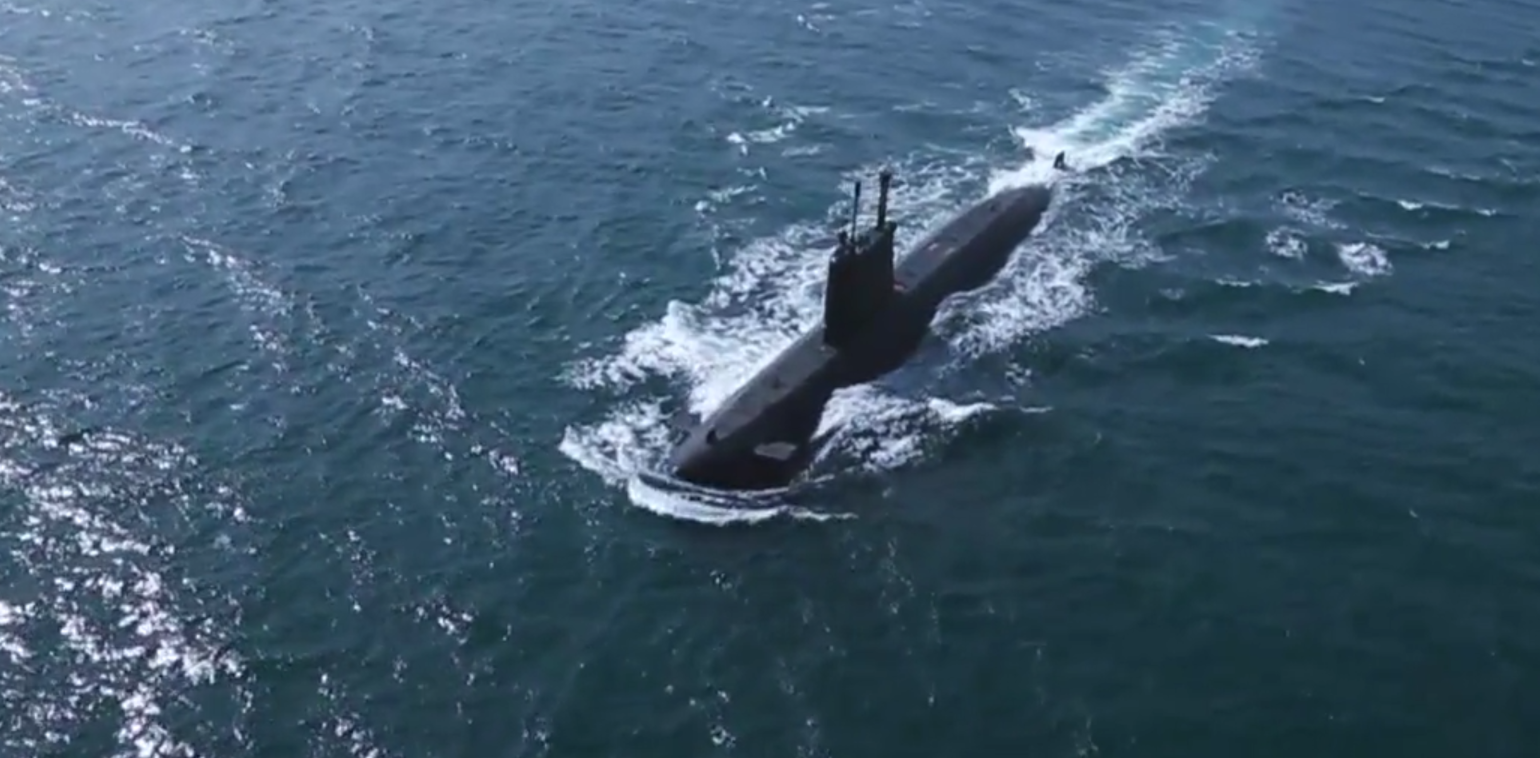2446Views 1Comment

Pakistan Minister of Defence Production & Heavy Industries Taxila Chairman visiting Ukraine
Pakistan’s Minister of Defence Production (MoDP) – Rana Tanveer Hussain – and the Chairman of Heavy Industries Taxila (HIT) – Lt. General Syed Wajid Hussain – are visiting Ukraine to attend the 2016 Arms and Security exhibition being held in Kiev this week (Associated Press of Pakistan).
Notes & Comments:
In February, Ukraine’s Ambassador to Pakistan had expressed hope to see Ukraine-Pakistan defence ties grow, especially in the aviation sector. In the 1990s, Pakistan had depended on the Ukrainian industry to source critical components, including diesel engines, for use on its main battle tanks, namely the al-Khalid and al-Zarrar. The Pakistan Air Force (PAF) procured its four IL-78 in-flight refueling tankers from Ukraine as well. Since then, there has not been any notable activity in defence ties between Islamabad and Kiev.
A sharp rise in tensions with Russia and a troubled economy had put the Ukrainian defence industry in an uncertain state over the past year. In fact, a number of once-independent state-owned business entities, such as Antonov, had been absorbed and placed under the government agency Ukroboronprom’s direct mandate. Under this ‘regrouping’ measure, Kiev had sought to revitalize its ailing defence industry.
In the summer, Ukroboronprom had begun securing traction. For example, in May it had signed a deal with Turkey to co-produce the An-158 airliner as well as develop a new transport aircraft based on the An-178 platform, which Antonov – and now Ukroboronprom – has been aggressively marketing as a low-cost medium-weight utility transport aircraft. While Antonov’s troubles had cast uncertainty on the An-178, Turkey’s entry into the picture has infused the platform with genuine promise.
With the Chairman of HIT accompanying the MoDP, it would be worth seeing if Pakistan opts to expand its armour and land vehicle routes, especially with KMDB, which supplies diesel engines for Pakistan’s locally built tanks. In fact, KMDB revealed a 1,500 hp diesel engine in May.
Some analysts may be skeptical of Pakistan’s apparent intentions to continue connecting with Ukraine, especially in light of the growth of ties with Moscow. In fact, Pakistan’s Minister of Defence Khawaja Muhammad Asif told Russian media outlets that Islamabad was in touch with Moscow over armoured vehicles (which Mr. Asif described as “advanced tanks”).
At this stage, Moscow will value the commercial defence prospects currently on the table with India (such as a pending S-400 surface-to-air missile deal), and as such, it is unlikely it would engage in dealings with Pakistan that may upset New Delhi. Conversely, Pakistan will likely opt for sufficiently capable and readily available off-the-shelf solutions, regardless of the origin, be it China, Turkey, South Africa, or Ukraine. This does not mean that Pakistan will engage in risky co-development ventures, but if, for example, a 1,500 hp diesel engine for a future al-Khalid variant can be secured immediately from Ukraine, there would be little to stop Pakistan from pursuing the option.



1 Comment
by SP
Ukraine is only useful for obtaining technical know how of specialised areas that other countries may not provide, otherwise better to buy from and collaborate with China and Russia. In the past when Pakistan acquired for example tanks from Ukraine, it did not have access to Russia but now with improving relations if Russian products are available then the utility of buying from Ukraine is greatly reduced, unless there is some significant benefit like price or technology transfer. Ukraine is living of the legacy of the Soviet infrastructure but their is a time limit to how far you can benefit from legacy systems and products before they become obsolete.